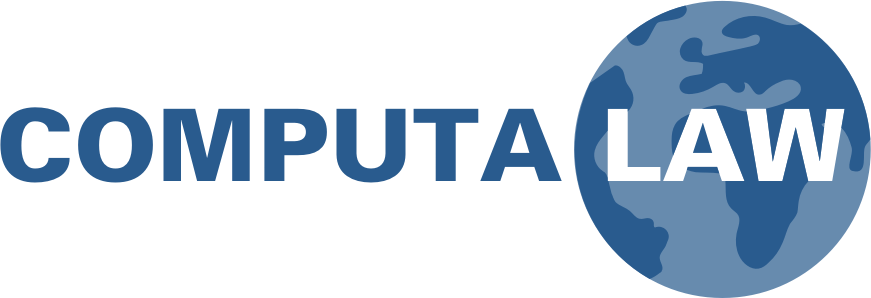Description
An Internet Search Engine1 is an internet search tool designed to offer internet users an easy means of searching for and finding websites, webpages or specific content of any individual, company, organisation, association, institution or subject matter anywhere in the world. It can be compared to using a global directory, encyclopedia and library combined where the user just types in the name, word or subject matter which is to be searched for and clicks “search”. In seconds, webpages load with every available response from anywhere in the world..
It is because search engines are so efficient at trawling the internet for every single match to the searched name or word that very often the search results produce a list of hundreds of successful matches. With such an immense list of relevant sources/matches, the user is only likely to look at the top 10 to 20 names before choosing which website to visit, so the higher up the list (ranking) the easier it is to be found and selected.
This being the case, there is huge competition among online traders offering any goods, services or material online in particular, to appear in the top 10 to 20 names listed by any search engine. The problem is how to get their website listed in that top 10 prime positions.
To say that this is an activity which requires a huge amount of up-to-date technological know how would be an understatement. Not only would you have to know how different search engines search, find, categorise and place websites (which methods tend to change frequently) but also about how to attract search engine “spiders”,2 “robots” “scrapers” or other technological search tools used by search engines to find and then list one website above another.
Thus Search Engine “Optimisation” (“SEO”) consultancy has become big business. SEO consultants use a vast array of techniques and programs to try and achieve high ranking positions for their clients. SEO services may include the use of key words/terms, multiple links; the creation of meta tags, specific multiple URLs and other “devices” such as doorway sites,3 micro sites,4 mask sites, cloaking sites, mirror sites (all based on specifically selected material from the client’s existing website but smaller targeted excerpts of it digitally tailored to attract specific search engines and channel traffic to the actual website). There is no end to the methods, means, “trickery and illusion” that is necessary to lure search engine “spiders” to the website for the purpose of gaining a placing in the top 10 listed sites on any search engine as well as generally for attracting and directing traffic to the client’s website.
To make matters even more difficult in this area of website promotion, Search Engine operators themselves continuously change the basis, criteria and indeed also the technology and tools used to search, find, categories and list website and webpage material. They are also becoming increasingly stricter when they discover any website using “trickery” to gain a top position.
Such is the competition for search engine top ranking that search engines earn vast sums from paid placements, which involves website owners paying (or even bidding) for the top ranking key words and placements on search engines.
However, “pay-for-placement” and paying for keywords has recently been the subject of much dispute.
In essence, a pay-for-placement or keyword, such as Google’s program known as AdWords, permits an entity to “buy” the search terms of its choosing. When a user types the term or terms in a search, a link to the purchaser’s website appears—usually in conjunction with some advertising “blurb”. These purchased, or sponsored links are usually, depending on the search engine, off-set from the unpaid search results (usually by appearing on the right hand column in a different colour on the first screen of search results). Questions of legality and liability have frequently arisen when the keyword sold happens to be the trademark or very similar to that of a competitor. This is similar to “meta-tagging” (both these questions of legality are analysed in more detail in the Internet Commentary Section E).
Website owners, upset by the purchase of their trademarks as search terms, have several options in addressing these concerns. These include:
(1) filing a formal complaint with the search engine pursuant to the company’s posted complaint policies and procedures; for example, Google and Overture both have posted policies for lodging complaints;
(2) filing suit against the search engines for their practice of selling trademarked terms; and/or
(3) sending cease and desist letters to and/or sue the competitors who have purchased the search terms.
In addition to pay-for-placement keyword advertising, Banner and Pop-Up Advertising are other forms of website marketing. Banner advertisements appear in “blocks” positioned above, below, or to the side of a webpage’s content. By clicking on a banner advertisement, the user is hyperlinked to the website providing the advertiser’s goods and services. Banner advertising can be either random—appearing in no particular order in a rotation unrelated to the search query typed by the user or it can be targeted (i.e. programmed to display in response to specific search terms).
Pop-up advertisements are generally triggered automatically when users attempt to visit certain webpages by entering the site’s domain name in the search bar. Pop-up ads appear in a separate window on top or bottom of the content of the website the user attempted to reach. Pop-up ads may or may not obscure all of the sought-after site’s content. The most widely-known of the earliest pop-up advertisement vendors were Claria, formerly known as Gator, (“Gator”) and WhenU.com (“WhenU”), both now dissolved after their techniques were widely discredited and were in reality, spyware which, when a user would be lured to download certain “free” software offered by such offers then agree (unwittingly) to receive software that stored some of their personal data which the triggered pop-up advertisements every time the user went online.
Many of these forms of advertising have attracted much discredit, dispute and case law. see Internet Commentary Section G.
[1] Currently, some of the most commonly used search engines include Google, Yahoo! And Bing. [2] “Spider” software is a program used by search engines (as well as others) to trawl the internet continuously to update the database of information on all available websites. [3] Primed stand-alone pages which direct traffic to the Client’s website. [4] Also known as subdomains.



